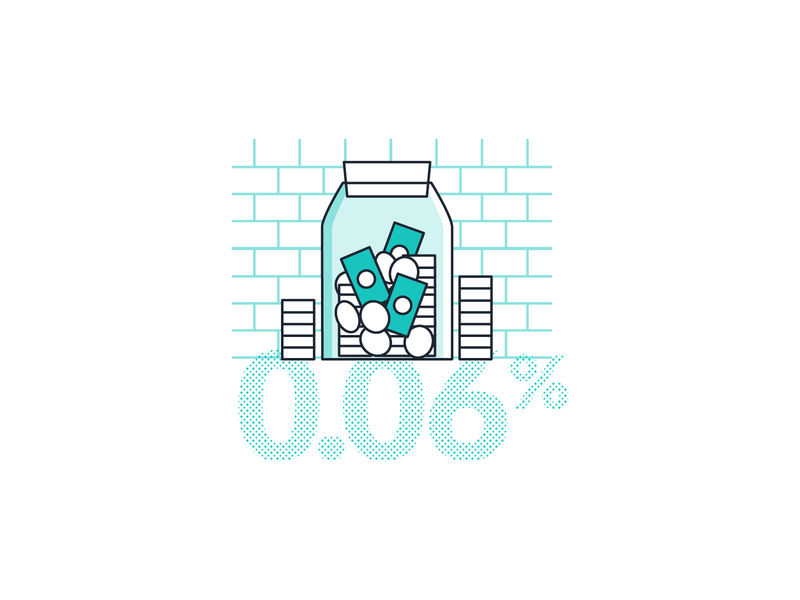Defaulting On A Performance Bond Can Have Considerable Monetary Consequences.This Can Bring About A Series Of Financial Influences, Including:
Defaulting On A Performance Bond Can Have Considerable Monetary Consequences.This Can Bring About A Series Of Financial Influences, Including:
Blog Article
Short Article Created By-
When a guaranty concerns an efficiency bond, it assures that the principal (the event who acquires the bond) will certainly satisfy their obligations under the bond's terms. If the primary fails to satisfy these obligations and defaults on the bond, the guaranty is accountable for covering any type of losses or problems that result.
1. Loss of online reputation: Defaulting on a performance bond can harm the principal's reputation and credibility, making it more difficult to secure future service or funding.
2. Legal and administrative expenses: The surety might need to pay legal and administrative prices associated with seeking the principal for problems or trying to rectify the scenario.
3. Monetary losses: The surety might require to cover the cost of completing the job or giving the services that the principal stopped working to provide. This can result in significant economic losses for the guaranty.
4. Raised costs: If the principal has a history of defaulting on efficiency bonds, they might be called for to pay greater premiums in the future to acquire the necessary bonding.
In general, back-pedaling an efficiency bond can have major economic repercussions for both the principal and the surety. It is necessary for principals to very carefully consider their commitments and guarantee they are able to satisfy the regards to the bond to prevent these unfavorable results.
Defaulting on an efficiency bond can be an expensive mistake for businesses. When you fall short to meet the bond's responsibilities, the financial repercussions can be significant. From paying the full bond amount to possible lawful fights and harmed connections, the repercussions can resound throughout your organization procedures. Recognizing the detailed web of monetary effects that back-pedaling an efficiency bond can have is vital for safeguarding your business's monetary health and wellness and online reputation.
Financial Penalties for Defaulting
If you default on an efficiency bond, you'll likely face considerable punitive damages. These penalties can vary relying on the terms of the bond arrangement but typically include paying the bond quantity in full to the obligee. This indicates that if you fall short to satisfy your legal commitments, you need to pay the bond amount to the job owner or the entity that required the bond.
Furthermore, you might additionally be responsible for any type of additional costs incurred by the obligee due to your default, such as discovering a substitute specialist or covering project delays.
Back-pedaling an efficiency bond can additionally result in legal costs and court costs if the obligee determines to take legal action against you to recover the bond amount. These costs can quickly accumulate, more worsening the economic influence of your default. It's essential to thoroughly review and comprehend the terms of the performance bond to stay clear of these extreme punitive damages.
Impact on Organization Cash Flow
Back-pedaling an efficiency bond can considerably affect your organization capital, influencing monetary stability and functional capabilities. When you default on an efficiency bond, you run the risk of shedding the bond amount, which can be a significant amount. what is an underwriter insurance , as you'll need to locate alternative sources of funding to cover the bond quantity. Additionally, defaulting can cause enhanced scrutiny from sureties, making it harder and more expensive to safeguard bonds in the future. This can even more strain your cash flow as you might require to allocate added resources to fulfill bonding requirements.
The impact on your cash flow doesn't stop there. Defaulting on a performance bond can also result in project delays or terminations, leading to a loss of revenue. In addition, the negative track record that includes skipping can hinder possible clients, further minimizing your cash flow. Overall, defaulting on a performance bond can have detrimental results on your organization's monetary health and ability to run efficiently.
Legal Implications and Claims
Dealing with lawful ramifications and potential claims as a result of back-pedaling an efficiency bond can dramatically impact your company's credibility and monetary standing. When you back-pedal a performance bond, the guaranty firm might take legal action to recoup the bond amount paid. This can lead to pricey lawful costs, court expenses, and prospective negotiations or judgments versus your business.
Moreover, back-pedaling a performance bond might result in harmed partnerships with customers, subcontractors, and providers, impacting your ability to secure future agreements. Legal actions occurring from bond defaults can taint your company's reliability in the industry, making it testing to attract brand-new partners or consumers.
Additionally, if the default brings about a court judgment against your business, it might cause possession seizure or liens, further stressing your economic security. As a result, it's crucial to comprehend the lawful implications of back-pedaling an efficiency bond and take aggressive actions to alleviate the threats entailed.
contractors bond insurance
As you face the consequences of defaulting on an efficiency bond, remember this: it resembles walking a tightrope without a safeguard. One wrong action can send you dropping right into a monetary freefall, without means to quit the fall.
The financial penalties, cash flow effect, and legal implications are all waiting to capture you if you slip up. So step https://how-to-start-online-busin39517.get-blogging.com/34372729/exactly-how-to-obtain-a-surety-bond-step-by-step-guide , and always honor your commitments to prevent the extreme repercussions of default.
